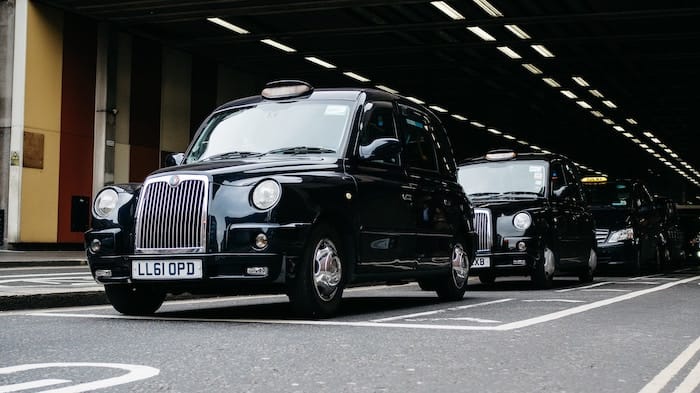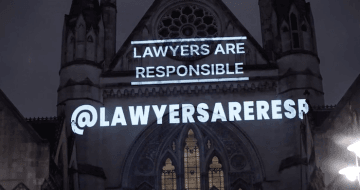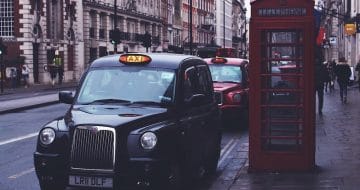Debate continues

A retired circuit judge has waded into the debate over the cab rank rule, arguing that it’s a “myth” and observing it “has always been optional”.
Alasdair Darroch, a former solicitor advocate, says barristers can easily “evade” the professional obligation to represent everyone by simply saying “they are too busy”.
In a letter to the Guardian yesterday, the former judge goes on to claim the rule is a “myth peddled by the bar to suggest that they have higher standards than solicitors and to frustrate reforms that might benefit solicitors”.
“When I was in private practice, one of my partners explained how the rule works: if a barrister does not want to do a case they will not do it, but if you pay them enough they will want to do it,” Darroch tells the newspaper.
The letter comes after it emerged over the weekend that over 140 lawyers, including some prominent KCs, had signed a “declaration” pledging to refuse to act for companies supporting new fossil fuel projects or to prosecute peaceful climate change protesters.
The idea that saving the planet could trump a barrister’s professional obligations was met with unease by certain members of the legal Twitterati.
“The day that I decide I cannot defend or prosecute somebody because of what they are accused of, is the day that I should find another profession,” The Secret Barrister wrote. Elsewhere, barrister Joanna Hardy-Susskind said she was “tired of the criminal justice system being luxuriously used by lawyers who don’t work in it to score points.”
In a piece for the Guardian on Friday, Jolyon Maugham KC, a former tax barrister who now runs The Good Law Project, a not for profit campaign organisation, explained his reasoning for signing the declaration:
“Sometimes the law is wrong. What it stands for is the opposite of justice. Today’s history books speak with horror about what the law of yesterday did, of how it permitted racism, rape and murder. And tomorrow’s history books will say the same about the law as it stands today, of how it enabled the destruction of our planet and the displacement of billions of people.”



